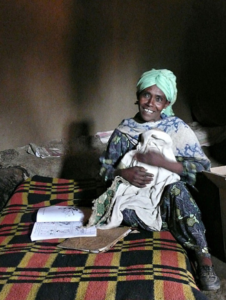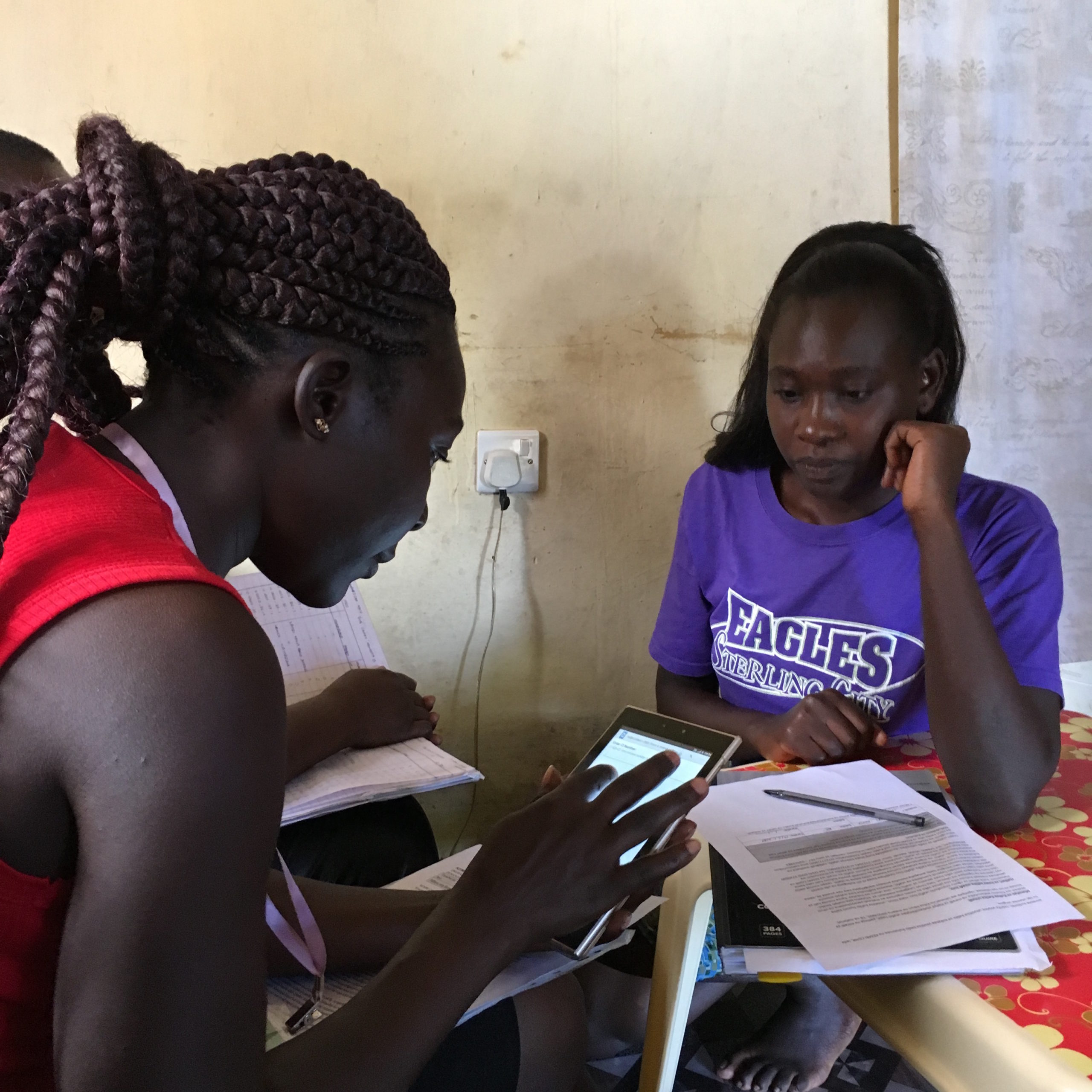
CHAMPS offers community-level support and information for families suffering from the loss of a child
March 9, 2018
In the hours and days after the death of a child, many families experience deep feelings of hurt, anger, and confusion. They lack understanding of the cause of death, and sometimes blame themselves.
Losing a child is a terrible tragedy that no parent could prepare for. Sadly, for many parents in the places where CHAMPS operates, this heartbreak is unacceptably far too common. Mothers and fathers in Mali, where the child mortality rate is 110 deaths per 1000 live births, experience this loss more frequently than parents who live in areas where child mortality is low, like the UK, where child mortality rate is only 4 deaths per 1000 live births.

“Many times when a child dies they [parents] ask the questions, ‘Why?’ ‘Why me?’ ‘How come?’” said Richard Chawana, Senior Program Manager at the CHAMPS site in South Africa. Richard leads the Minimally Invasive Tissue Sampling (MITS) team that is responsible for trying to provide parents with answers as to why their child died, and provide parents with support services such as grief counseling, and funeral assistance. “[By offering support services to grieving families] We are doing something, in my opinion, that is quite significant and is having a big impact on, not only on the children’s lives but the families and the healthcare system” he added.
CHAMPS findings in most instances are able to offer families understanding about what happened to their child. Cause of death information also is helpful in fighting stigma and discrimination against families that have lost a child in communities where cause of death information is lacking.
“Mothers are often blamed for the loss of a child… If we can know the exact cause of death and provide this information to the family, we save them from blame and stigmatization.”
– Saiful Islam, the Social and Behavioral Science lead in Bangladesh.
CHAMPS’s data will inform high-level policy and public health action, but the impacts of the work are felt deeply by communities as well. CHAMPS’ work starts with community engagement, and CHAMPS Social and Behavioral Science (SBS) teams are the first on the ground. Khátia Munguambe, CHAMPS’ SBS lead describes the role of the SBS team in developing understanding and working with communities this way.
“Our role is to find ways to communicate CHAMPS’ work so the work will make sense to the communities that will benefit from this project. You could wrongly do that by imposing your thoughts and ideas onto communities, but you can best do it if you really understand what communities’ priorities, expectations, and concerns are.”

CHAMPS strives to understand communities’ priorities and perspectives because they are key partners in CHAMPS’ work, and because they are deeply impacted by its outcomes.
“Families are very interested in knowing the cause of death for children that have previously been healthy.”
– Saiful Islam, the Social and Behavioral Science lead in Bangladesh.
Arming families and communities with accurate information and preventing stigmatization is a part of CHAMPS’ work that makes the lives of women and families in CHAMPS communities better every day.